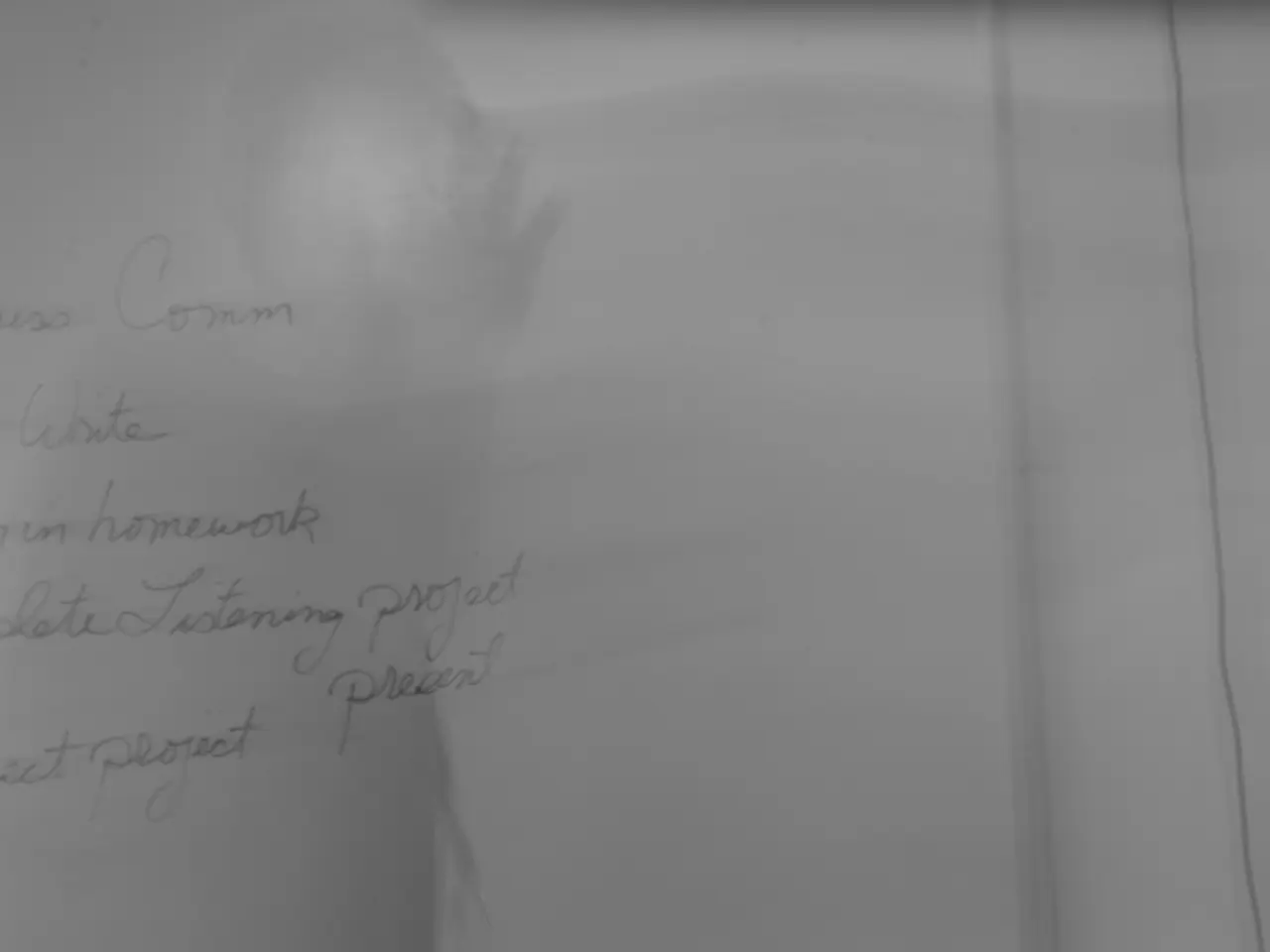Untrustworthy Storytellers that Challenge Preconceived Notions about Perspective
===============================================================================
In the world of literature, unreliable narrators add a layer of complexity that keeps readers on their toes. These characters, who tell the story from their unique perspectives, often withhold or distort information, have biased views, and may be mentally unstable, manipulative, or naïve. This technique enhances suspense and mystery, compelling readers to question the truth of the story and read between the lines.
One such example is the novel "Invisible Man" by Ralph Ellison. The protagonist, an unnamed Black man, embarks on a journey to find his place in society. Before joining The Brotherhood, he is innocent and often misinterprets situations. As the narrator, he tells the story in hindsight as a memoir, creating a sense of separation between narrator and protagonist. The character's role as a servile Black man in the earlier chapters contrasts with his later position as a political talking head for The Brotherhood.
Another notable work is "We Have Always Lived in the Castle" by Shirley Jackson. The narrator, Merricat, is a character with a psychologically disturbed mindset. Her narration is characterized by omitting information and justifying her behavior, making the audience uncertain about her culpability.
"Palmares" by Gayl Jones is a novel filled with visions, dreamlike characters, and references to medicine men and ancestors. The protagonist, Almeyda, is a former slave who tells the story retrospectively of her escapades both within and outside of the free colony of Palmares. The novel explores the horrors of slavery and its lasting impact on the lives of its characters.
In "The Hour of the Star" by Clarice Lispector, the disintegration of the self is the central focus. The protagonist, Macabea, is a woman living on the fringes of Rio di Janeiro. Rodrigo S.M., the fictional male protagonist, tells Macabea's story in a way that feels both tender and judgmental, often questioning his own motivations. Macabea loses her job, seeks the council of a fortune teller, and experiences disaster when she falls for a cruel man.
"Rebecca" by Daphne du Maurier revolves around the secrets hidden within a marriage and the mental unravelling that ensues. The second Mrs de Winter is an unreliable narrator due to her misinterpretations of her surroundings and insecurities about her place in the social hierarchy.
Each of these novels employs the use of first-person narration, bringing readers into the internal landscapes of the characters. However, this limited consciousness often leaves other characters' perspectives unexplored, adding to the mystery and suspense of the story.
These unreliable narrators add layers of complexity, requiring active engagement from readers to discern truth from the narrator's skewed or incomplete viewpoint. This narrative technique is a powerful tool in literature, compelling readers to reassess the narrative once the true context or facts are revealed.
Bibliophiles venturing into the realm of literature may find solace in engaging with books that feature unreliable narrators, as these stories often offer a blend of lifestyle, entertainment, and introspective analysis. For instance, the novels "Invisible Man" and "Rebecca" offer intricate plots where characters' own biases and perspectives skew the truth, leaving readers enthralled and questioning the narrative. On the other hand, "We Have Always Lived in the Castle" and "The Hour of the Star" delve into the psychological intricacies of their characters, entwining suspense and mystery with personal growth. Lastly, "Palmares" and "The Hour of the Star" also provide glimpses into various lifestyles, particularly those impacted by slavery and societal structures. Thus, these books not only entertain but also encourage readers to engage more actively with the text to decipher truth from fiction.







